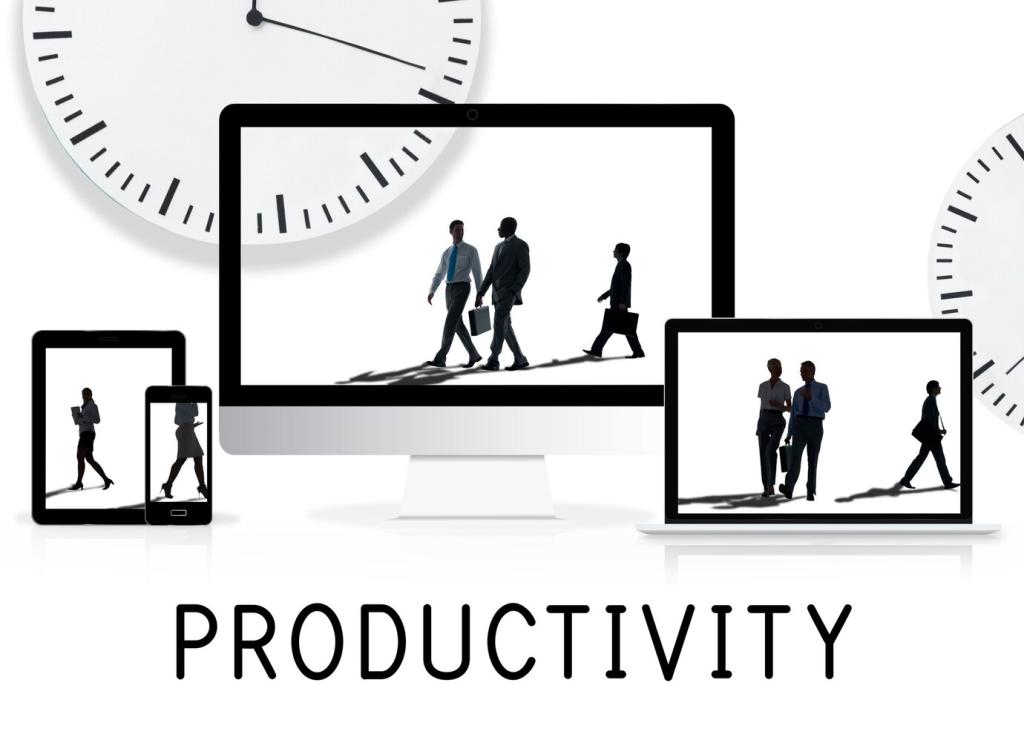Time-Blocking That Serves the Person You’re Becoming
Anchor tasks directly evolve your skills or character; support tasks keep life moving. Plan anchors first, then fit support tasks around them. This simple order shift keeps growth central rather than squeezed into leftover minutes.
Time-Blocking That Serves the Person You’re Becoming
Plan ninety minutes of focused effort followed by twenty minutes of restoration. This rhythm supports sustained attention, reduces burnout, and respects natural cognitive cycles. Track how many pulses you complete and celebrate steady improvement.








